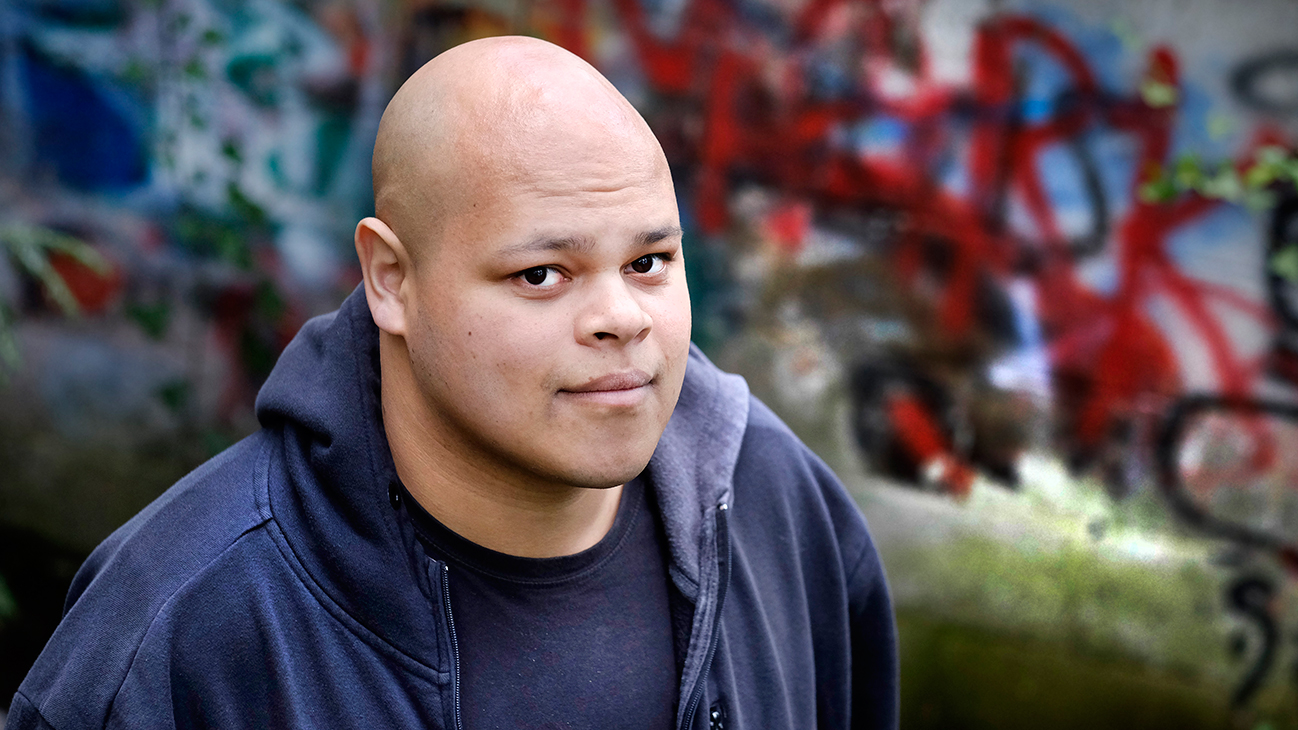Jamil Jivani tackles some of the biggest challenges in the world as a lawyer, community organizer, and teacher. A visiting professor at Osgoode Hall Law School, Jamil focuses on issues that impact youth, immigrants, and low-income families. He is also the founder of the Citizen Empowerment Project, a public education organization leading initiatives related to policing, racial profiling, democratic participation, voter turnout and economic development. Jamil examines young men and radicalization, below:
More than a week removed from the Manchester Arena bombing, we in the West find ourselves in a familiar place. We are combing through the details of the life of a young terrorist, 22-year-old Salman Ramadan Abedi, in hopes we can better understand why he turned against his own home country to kill or injure 139 adults and children.
While conducting research in Belgium during and after last year’s Brussels attacks, I closely observed a country going through the process of asking similar questions with unclear answers. Thanks to youth workers in Brussels and Antwerp, I relearned a lesson that I had first learned as a teenager in Toronto when my friends got into trouble with the justice system. As difficult as it may be to accept, there’s rarely a clear explanation for why people make the decisions they make.
The uncertainty we wrestle with when young men inspired by the Islamic State reveal themselves shouldn’t be reserved for just these extreme examples. There are many more among us who are vulnerable to the influence of morals that regard some human life as expendable, and political views radically different from what is regarded as acceptable in the mainstream. We are losing our influence over young men, and creating space for other influences to take hold.
Consider, for example, the increasing absence of male role models in households in the West. According to U.S. Census data, one-third of children live without the involvement of their biological fathers. Statistics Canada reports 12.8 per cent of Canadian families live in fatherless households. Across Europe that number is 16 per cent. In Britain, more than one-fifth of families with dependent children are raised without fathers in the home.
Behind all of these statistics about fatherless homes is unpredictability and less control over the direction our boys will take as they grow into men. There are fewer male role models at home. Consequently, role models are being discovered in a variety of other places – on the street, online or in criminal subcultures.
Fewer role models at home means the wider community around young men is even more important as points of influence. Religious institutions are struggling to fill that void. Among Christians, religious observance has been in a sharp decline across the West, especially for young adults. For instance, the number of Anglicans in Britain fell from 40 per cent in 1983 to 17 per cent in 2014. The Pew Research Center identified a natural decrease of 5.6 million fewer Christians in Europe from 2010 to 2015, and the population share of Christians declined by 8.2 per cent in the United States from 2007 to 2014.
Minority faith communities tend to have higher observance rates, but generations born in the West gradually become disconnected from their religious institutions, too, often because of language barriers and generation gaps. British Rabbi Jonathan Sacks commented to the BBC that such declines in religious observance emboldens jihadi radical groups who often are “the sharpest, clearest voices” reaching out to young people from a religious perspective.
Schools are also an important part of the wider community around young men, but are failing to engage large numbers of them or provide them with the support they need to succeed in a modern economy. In the United States, male students are more than half of high-school students, but only 43 per cent of postsecondary students. In the U.K., male students are 36-per-cent less likely to attend university. The Organization for Economic Co-operation and Development (OECD), which mostly consists of Western countries, noted that in 2015 male students were 45 per cent of secondary-school students in member countries and 42 per cent of bachelor’s degree students, ultimately concluding there is now a “reversal of the gender gap in education” in OECD member countries.
With the declining influence of religious institutions and schools, young men have even fewer access points to mainstream society. The morals and politics we wish to impart to our youth are not reaching all of us equally. And that pursuit of finding role models and inspiration that often starts at home isn’t being positively addressed outside of the home, either.
The Manchester Arena bomber may be an anomaly in many ways, not the least of which is the destruction he caused on May 22. He is not representative of all of these trends affecting young men in the West. But the attention we’re dedicating to him might be better used on the large number of young men in our respective backyards who are also vulnerable to undesirable influences in the absence of meaningful engagement with our society.

